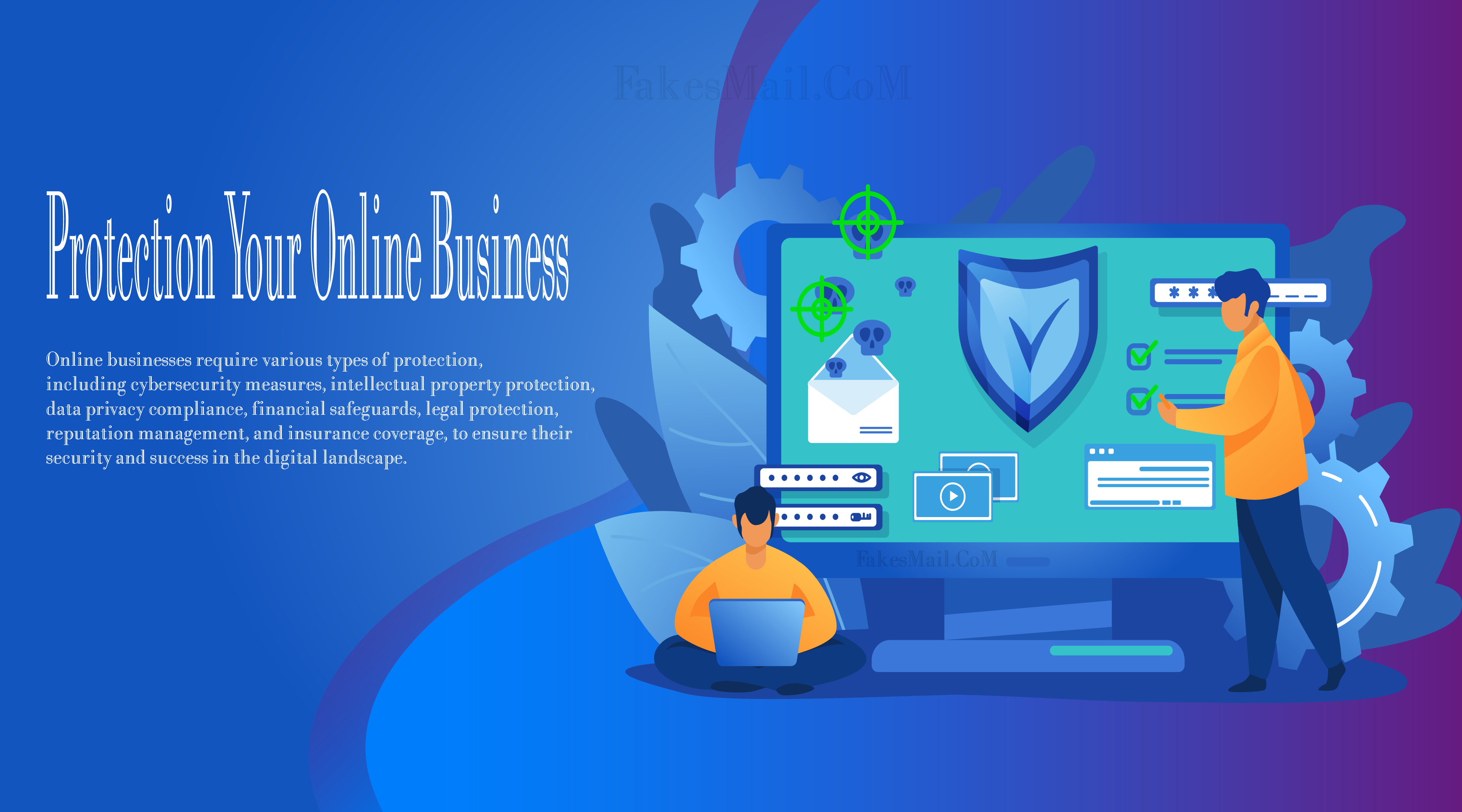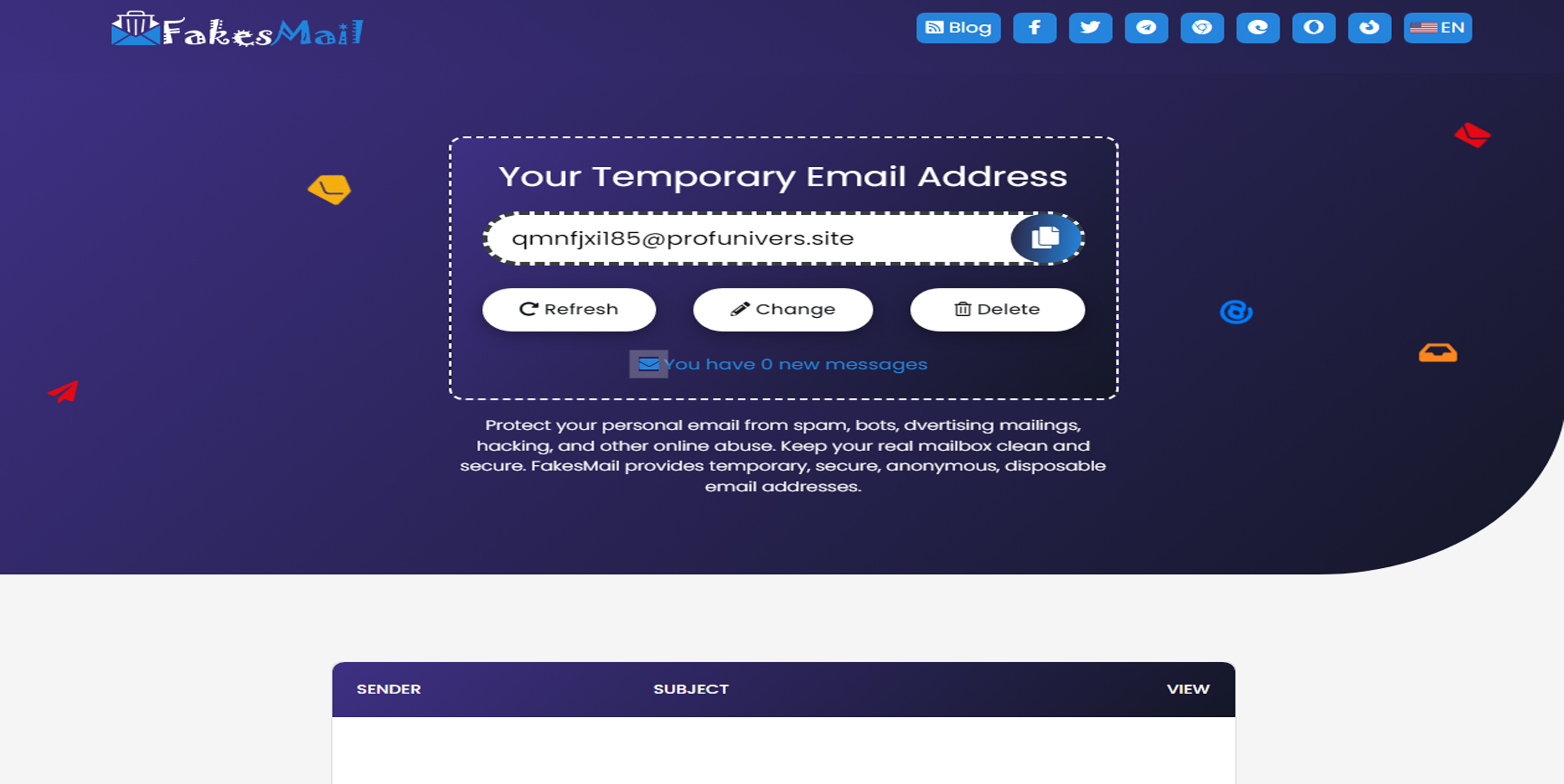In the current era of digital advancements, online businesses have experienced a significant surge in popularity and profitability. However, with the growth of online commerce comes a greater need for protection. As an online business owner, it's crucial to be aware of the various types of protection you need to safeguard your business from potential threats. In this article, we will explore some key areas where protection is essential for the success and longevity of your online business.
Cybersecurity:
Cybersecurity is perhaps the most crucial aspect of protecting your online business. With the rise of cybercrime, it's imperative to have robust security measures in place to prevent unauthorized access, data breaches, and other malicious activities. Here are some essential cybersecurity measures:
- a) Secure your website: Implement secure socket layer (SSL) certificates to encrypt data transmitted between your website and users. Regularly update and patch your website's software and plugins to minimize vulnerabilities.
- b) Use strong passwords: Ensure that all your accounts, including website backend, email, and payment gateways, have unique and strong passwords. It is advisable to utilize a password manager for the generation and secure storage of complex passwords.
- c) Firewall and antivirus software: Install and regularly update firewall and antivirus software on your servers and devices to detect and block malware, viruses, and other threats.
- d) Regular backups: Backup your website and critical data regularly. Store backups in secure offsite locations to recover your business quickly in case of a security incident.
Intellectual Property Protection:
Protecting your intellectual property (IP) is vital to safeguard your unique ideas, products, and brand identity. Here are some steps to ensure IP protection:
- a) Trademarks: Register trademarks for your business name, logo, and any unique product or service names to prevent others from using similar marks that could cause confusion among consumers.
- b) Copyrights: Consider registering copyrights for your website content, designs, software code, and any other creative works to establish legal ownership and protect against unauthorized use or reproduction.
- c) Patents: If your online business involves inventing new products or processes, consult with a patent attorney to determine if your inventions are eligible for patent protection.
Data Privacy and Compliance:
As an online business owner, you collect and store customer data, which makes you responsible for its privacy and protection. Compliance with relevant data protection laws is crucial. Here are some steps to ensure data privacy and compliance:
- a) Privacy policy: Clearly outline in your privacy policy how you collect, store, and use customer data. Include information about cookies, analytics tools, and third-party service providers you use. Make sure to comply with applicable privacy regulations such as the General Data Protection Regulation (GDPR) and the California Consumer Privacy Act (CCPA).
- b) Data encryption: Encrypt sensitive customer information, such as payment details, stored on your servers or transmitted during online transactions.
- c) Consent and opt-outs: Obtain explicit consent from users before collecting their data. Provide opt-out options for marketing communications and ensure compliance with email marketing regulations, such as the CAN-SPAM Act.
Financial Protection:
Protecting your finances and financial transactions is crucial to the success of your online business. Here are several crucial steps to consider for ensuring effective legal protection for your online business:
- a) Secure payment gateways: Choose reputable payment gateways that offer secure transaction processing, fraud detection, and encryption. Ensure that customers' payment details are never stored on your servers.
- b) PCI compliance: If you handle credit card information, adhere to the Payment Card Industry Data Security Standard (PCI DSS) requirements to ensure secure handling and processing of cardholder data.
- c) Business insurance: Consider obtaining business insurance policies that cover cyber liability, data breaches, and other potential risks specific to online businesses.
Legal Protection:
Legal protection is essential to safeguard your online business from various legal issues that can arise in the digital realm. Establishing comprehensive terms and conditions, drafting well-defined contracts, and ensuring compliance with applicable laws and regulations are crucial steps in protecting your business interests:
- a) Terms and Conditions: Draft comprehensive terms and conditions that outline the rights and responsibilities of both your business and your customers. Include clauses related to refunds, returns, warranties, limitations of liability, and dispute resolution.
- b) Contracts: When working with suppliers, vendors, or partners, ensure that you have well-drafted contracts that clearly define the terms of the agreement, deliverables, payment terms, and any confidentiality or intellectual property clauses.
- c) Legal entity: Consider forming a legal entity such as an LLC (Limited Liability Company) or corporation to separate your personal assets from your business liabilities, providing an additional layer of protection.
- d) Compliance with regulations: Stay updated on relevant laws and regulations that apply to your online business, such as consumer protection laws, advertising regulations, and industry-specific regulations. Ensure that your business operations and marketing practices are in compliance.
Reputation Management:
The success of your business greatly relies on maintaining a positive online reputation. Negative reviews, social media backlash, or public relations crises can significantly impact your brand. Here are some steps to protect and manage your online reputation:
- a) Monitor online mentions: Use online reputation management tools to monitor mentions of your brand, products, or services across various platforms. It is essential to promptly and professionally address any negative feedback or complaints that arise.
- b) Social media policies: Establish clear guidelines for your employees and social media managers regarding appropriate behavior, content sharing, and customer interactions on social media platforms.
- c) Public relations strategy: Develop a crisis management plan to handle any negative publicity or public relations issues effectively. Respond quickly and transparently to any issues that arise, demonstrating your commitment to customer satisfaction and problem resolution.
Insurance Coverage:
Consider obtaining insurance coverage specifically tailored to the needs of your online business. Insurance can provide financial protection in case of lawsuits, property damage, cyberattacks, or other unforeseen events. Common insurance types for online businesses include:
- a) General liability insurance: Covers legal costs and damages resulting from accidents, injuries, or property damage that occur during your business operations.
- b) Cyber liability insurance: Provides coverage for financial losses and legal expenses in the event of a data breach, cyberattack, or other cyber-related incidents.
- c) Professional liability insurance: Protects against claims of professional negligence, errors, or omissions that may arise from providing services or advice to clients.
- d) Product liability insurance: Covers legal costs and damages in case a product you sell causes harm or injury to a customer.
Conclusion
Protecting your online business involves multiple aspects, ranging from cybersecurity and intellectual property protection to legal compliance, financial security, reputation management, and insurance coverage. By implementing robust protection measures in each of these areas, you can safeguard your online business from potential threats and ensure its long-term success in the dynamic digital landscape. Remember, staying informed, proactive, and adaptable is key to staying one step ahead of potential risks and challenges in the online business world.




